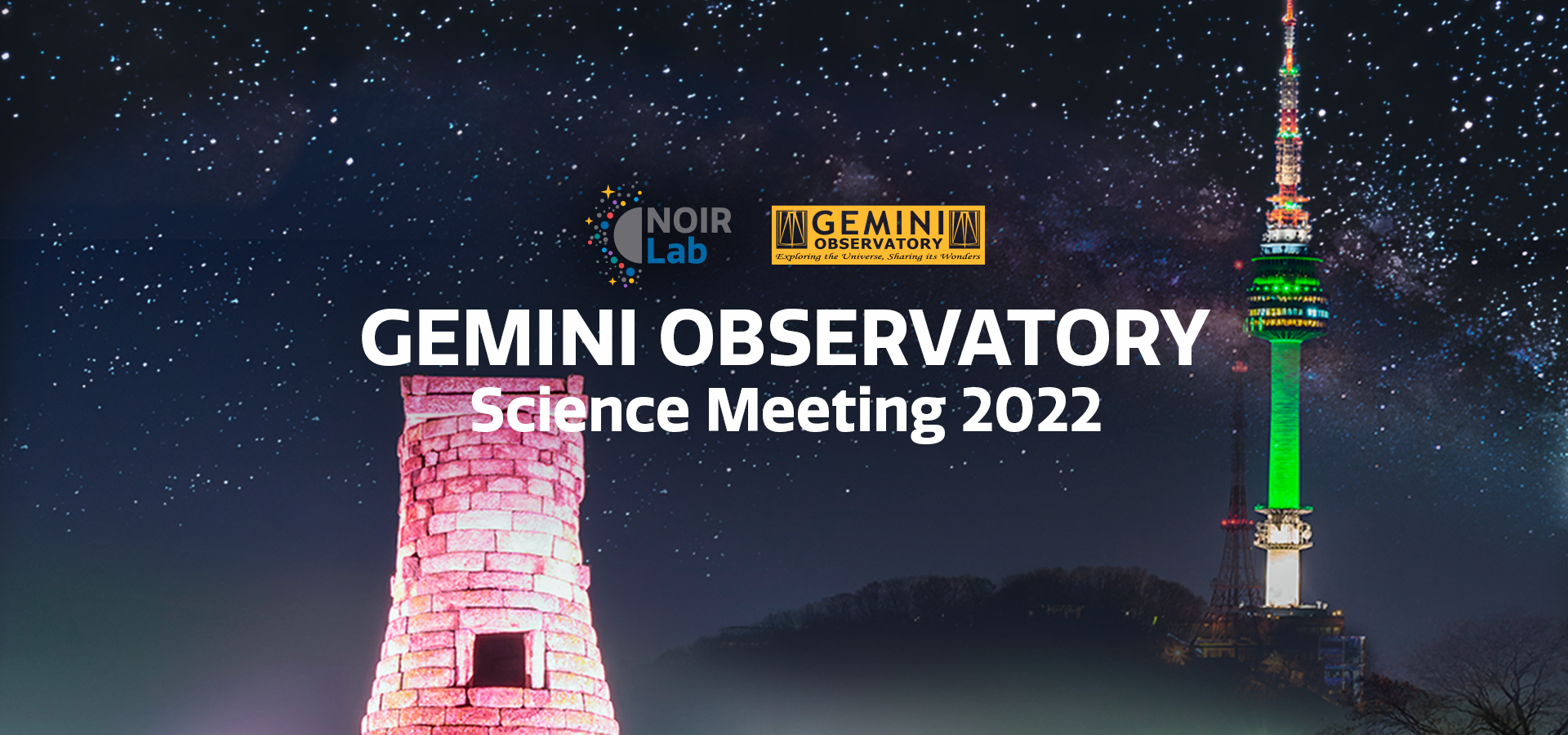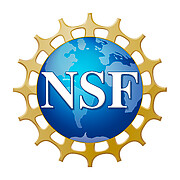Gemini Science Meeting
26–29 July 2022
Gemini Observatory invites its international user community to Seoul, Korea to share their breakthrough science results, and plan for the bright future ahead as Gemini's instrumentation suite and adaptive optics capabilities undergo a major revitalization. Hosted by the partnership’s newest member, we hope that the much anticipated 2022 Science Meeting (postponed since 2020 due to the pandemic) will allow the partnership to gather in-person once more.
#geminiobs22 will feature invited and contributed talks, poster sessions, news on current instrumentation projects, updates on operations developments, fabulous dining, and lively discussion of Gemini’s strategic plans for the coming decade. Note that both in-person/hybrid and virtual-only meeting plans will be developed simultaneously to enable participants and organizers to quickly adapt to changing circumstances.
Confirmed Invited Speakers
Bruno Dias Universidad de Tarapacá, CL
Chung-Pei Ma University of California, Berkeley, US
Denise Gonçalves Universidade Federal de Rio de Janeiro, BR
Favio Faifer Universidad Nacional de La Plata, AR
Gillian Wilson University of California Riverside, US
Jake Turner Cornell University, US
Jennifer Winters Center for Astrophysics, Harvard & Smithsonian, US
Jonelle Walsh Texas A&M University, US
Kim Venn University of Victoria, CA
Mansi Kasliwal California Institute of Technology, US
Megan Mansfield University of Arizona, US
Myungkook James Jee Yonsei University, KR
Narae Hwang Korea Astronomy and Space Science Institute, KR
Stefan Gillessen Max Planck Institute for extraterrestrial Physics, DE
Xiaohui Fan University of Arizona, US
In-Soo Yuk Korea Astronomy and Space Science Institute, KR

About Gemini Observatory
For over two decades, the international Gemini Observatory has powered astronomical discovery for the international Gemini partnership. Gemini’s twin 8.1m optical/infrared telescopes provide access to both hemispheres of the sky, and operate at two of the world’s best sites for ground based astronomy (Maunakea, Hawaii and Cerro Pachón, Chile). The telescopes host a wide suite of imaging and spectroscopic instrumentation, covering wavelengths between 0.4–5 microns, with adaptive optics capabilities optimized for the near-infrared (~1-5 microns).
Since October 2019, Gemini Observatory has operated as a program of NSF’s NOIRLab, and is managed by the Association of Universities for Research in Astronomy (AURA) under a cooperative agreement with the National Science Foundation on behalf of the Gemini partnership. The international Gemini partnership consists of the National Science Foundation (United States), National Research Council (Canada), Agencia Nacional de Investigación y Desarrollo (Chile), Ministerio de Ciencia, Tecnología e Innovación (Argentina), Ministério da Ciência, Tecnologia, Inovações e Comunicações (Brazil), and Korea Astronomy and Space Science Institute (Republic of Korea). In addition to financial support, each country also contributes significant scientific and technical resources.






